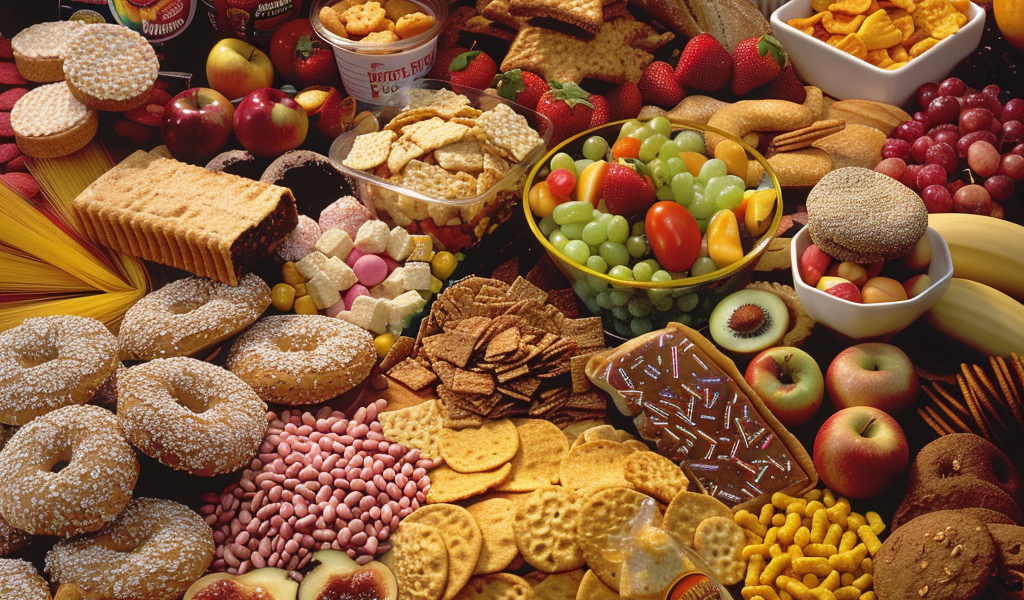Recent studies have shown that our diet plays a crucial role in our heart health. With heart disease and stroke remaining leading causes of death in the western world, cardiologists emphasize the importance of avoiding certain foods to protect our hearts.
Dr. Neil Srinivasan, a consultant cardiologist, highlights the detrimental effects of ultra-processed foods on heart health. These foods, which undergo extensive processing during manufacturing, have been linked to an increased risk of high blood pressure and serious heart conditions. A study of 10,000 Australian women revealed that those with a high intake of ultra-processed foods were 39% more likely to develop high blood pressure.
One of the main culprits identified by Dr. Srinivasan is breakfast cereals, particularly sugary options like Kellogg’s. These cereals are classified as ultra-processed foods and contribute to heart health issues. Additionally, products like baked goods, cereal bars, and biscuits are also flagged as problematic due to their high levels of processing and additives.
As the British Heart Foundation raised concerns about the heart care crisis in the UK, experts like Dr. Srinivasan stress the need for individuals to make healthier food choices to protect their hearts. By reducing the consumption of ultra-processed foods and opting for whole, unprocessed options, individuals can lower their risk of heart disease and improve their overall health.





